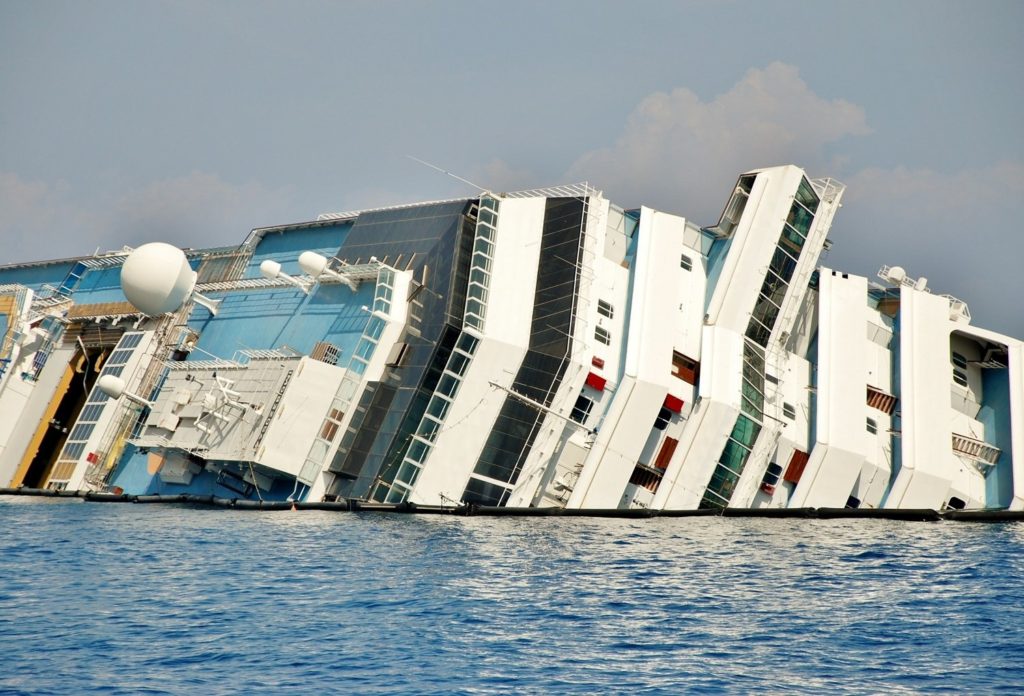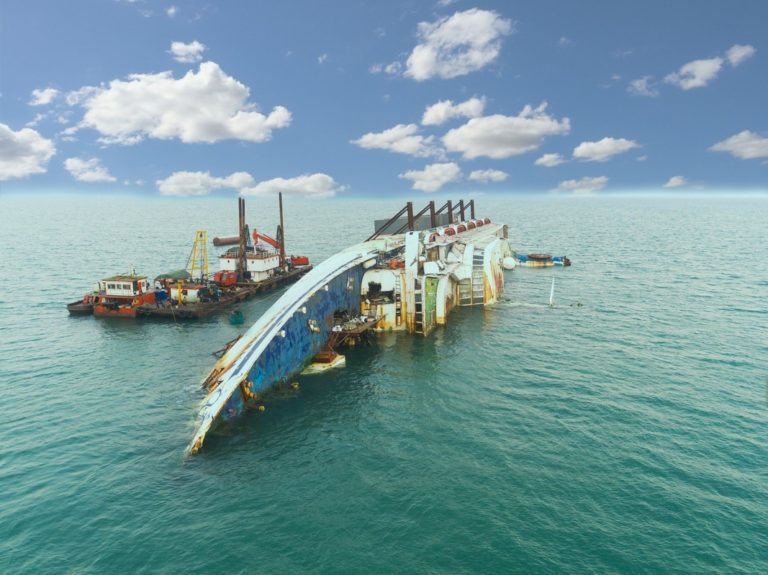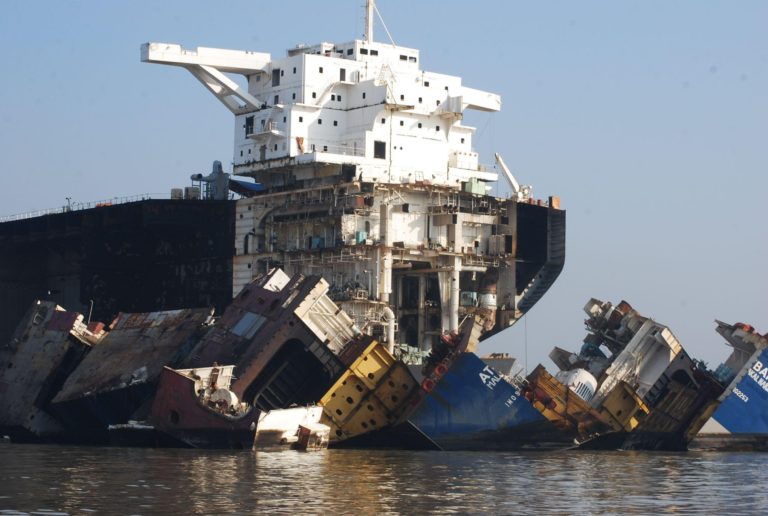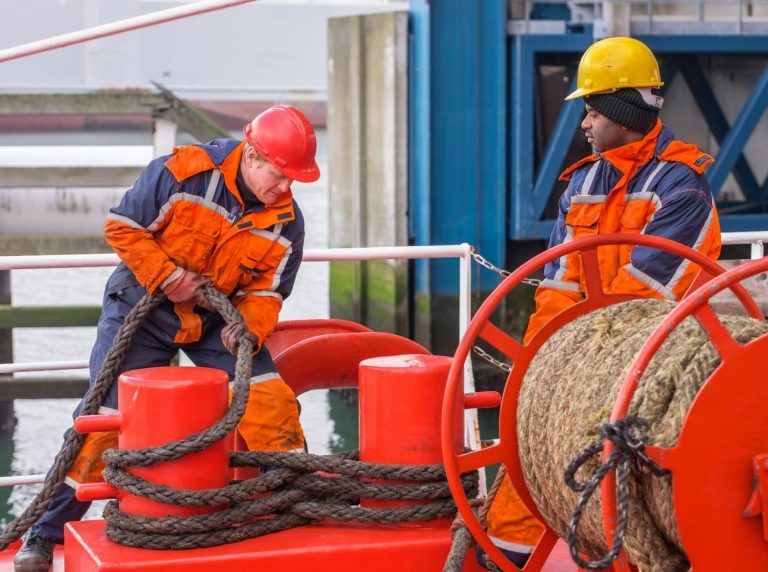More and more people and families are discovering the fun and excitement of cruise ship vacations. They can board a ship at a port in Texas, New Orleans, Miami, Port Canaveral, or New York and set off to explore new ports of calls in various countries.
Passengers expect the cruise ship, cruise line, and crew to provide a level of safety and security while they are on board, as well as when they are disembarking and embarking the ship at various stops on the cruise. Even with the utmost care for their passengers, offshore accidents and personal injuries can still occur.
Sometimes the accident and resulting injury could be due to the clumsiness or failure to notice posted warnings or because they entered crew-restricted areas of the ship. Other times, the accident and injuries could be due to the negligence of the cruise ship, cruise line, or crew.
Personal injuries could occur for these reasons, but may not be limited to:
- Slips
- Trips
- Falls
- Falling Objects
- Faulty Equipment
- Unsafe Vessel
- Untrained Crew
- Physical Assaults
- Sexual Assaults
- Ship Running Aground
- Ship Sinking
While the number of accidents and injuries vary, depending on the cruise line, there are several things you need to do if you or a loved one is injured while on a cruise ship.
Step 1: Understand Which Personal Injury Laws Apply
When traveling in international waters, International Maritime Laws apply. On the other hand, when traveling in U.S.-controlled waters, U.S. Maritime Laws apply. Knowing where you are when the accident occurs is important to know which laws apply to your injuries.
Step 2: Did You Sign an Assumption of Risk Form?
Certain activities on board may require you to sign an assumption of risk form. You may have already agreed to these risks as part of your cruise contract when you booked and paid for the cruise. The assumption of risk form is typically for activities on board that could cause personal injuries, such as simulated surfing, rock-climbing, zip-lining, water drop slides, waterslides, etc.
Yet, passengers injured by onboard attractions or amusement activities may still be able to file a personal injury claim with help from an offshore injury lawyer. Certain maritime laws prevent cruise lines from transferring responsibility when negligence was present.
Step 3: Report the Injury
Don’t wait until after you are back home to report the accident and injury. Doing so could hurt your claim. Request that an accident and injury report be started. Make sure to visit the ship’s medical center to have your injuries treated. If needed, and you have your passport book, request to be air-lifted to the nearest hospital for serious and life-threatening injuries.
Step 4: Pay Attention to What You Say
You will be at sea, without easy access to an offshore injury attorney. It is worthwhile to call an injury lawyer from sea for a phone consultation to find out what to say and do next when you are confident your injuries were caused due to negligence.
The cruise line will have their crew investigate your injury claim. They will ask their medical staff to provide a report of your injuries. Anything you say will be recorded and put into the cruise ship’s written record of the incident. Be aware that this record will be used later when filing a claim against the cruise line.
Step 5: Pay Attention to What You Write
Cruise lines will push to get you to provide a verbal and written account of the accident and injury. You might be in pain, suffering, and not able to recall every detail. If you are not up to it, do not feel pressured into providing a statement right now.

Additionally, do not allow friends or family to complete the statements on your behalf. They do not have all the details or information, so their reporting will be inaccurate. The verbal and written statements you provide can and will be used later, quite potentially against you.
If you contacted a cruise ship personal injury lawyer from on board, they would advise you what to say and write. In some cases, they might even tell you to inform the cruise ship’s staff Captain, and others responsible for trying to obtain your written statement, that your lawyer will be representing you and they need to file their requests through your lawyer’s office.
Step 6: Become Your Own Investigator
Do not rely on the cruise ship staff to be your investigator. You need to remember that while they are required to investigate your claim, they are doing so in a manner that will benefit them. They are going to conduct the investigation in such a manner that would best assist them when it comes time to defend against your personal injury claim.
Even though they may sound caring and supportive, their overall objective is to make it look like the accident and injuries were your fault, not theirs. To prevent hurting your case, take the time to do your own investigation.
Take pictures of the area where you were injured. Make sure to get pictures that show anything useful—like no signage warning of potential dangers or damage to the ship that resulted in the accident.
Take the time to document everything leading up to the accident, how the accident occurred, how you were injured, and every minor detail. If you remember things later, after the shock of the accident and injuries start to subside, remember to write them down.
You do not have to share your personal documentation with the cruise line. Yet, the documentation can be invaluable when it comes time to make verbal and written statements.
It is equally beneficial to get names of other passengers and crew members and contact details when they are witnesses to the accident. Sometimes crew members will make statements to you personally like “This is a common occurrence” or “The cruise line is aware of the problem but has not done anything to fix it.” These statements can work in your favor if you can call the person as a witness later.
Step 7: Contact the Appropriate Authorities
The FBI and other authorities should be contacted by you or your offshore injury lawyer. An authority outside the cruise line staff will conduct their own investigation into the accident. The FBI or another authority assigned to the case is objective and their goal is to gather evidence to show who was at fault.
Step 8: Be Aware of the Fine Print in Your Cruise Contract
All cruise lines have specific provisions detailed in cruise contracts regarding the processes that need to be followed when filing a personal injury claim. These can include:
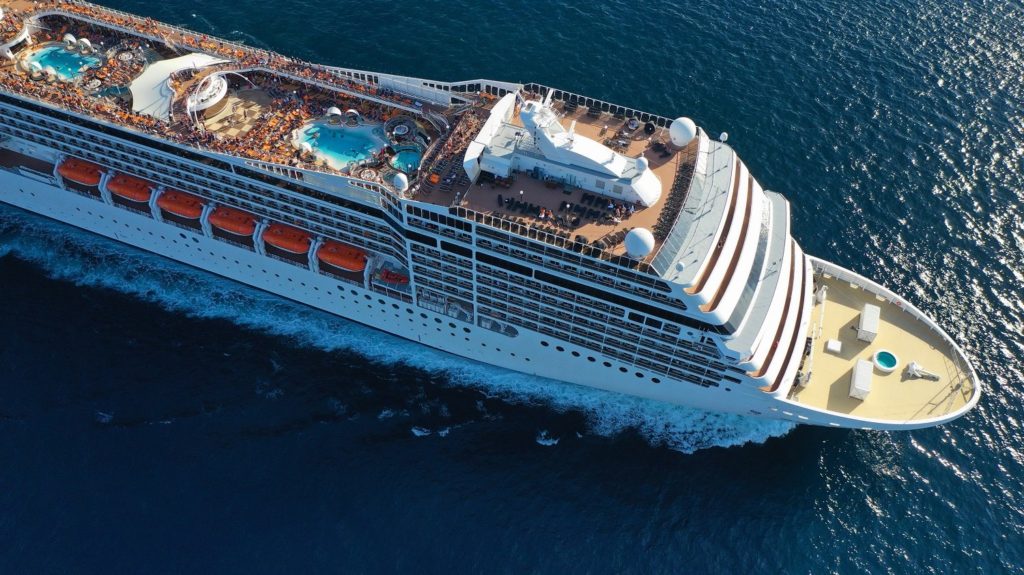
- Deadlines for Reporting the Injury
- Statute of Limitations for Filing a Claim
- Processes of Who Needs to Be Notified of the Accident and Injury
- How the Notification Needs to Be Completed
- Whether Claims Need to Be Filed in Local or Federal Court
- What City/State the Cruise Line Can Be Sued In
Step 9: Contact an Offshore Injury Lawyer ASAP
If you did not contact an offshore injury lawyer while still on board the ship, make sure to do so as soon as possible. The requirements and processes for filing a personal injury claim under maritime laws are very complex and detailed. It is also important to ensure your claim is filed under the proper admiralty and maritime law or corresponding act.
While cruise lines want passengers to have a fun and exciting time, accidents and injuries can still occur. The cruise lines won’t inform passengers of filing deadlines in hopes that they are missed. If they are missed, then you cannot file a claim against them.
For further information about filing a claim for offshore accidents while on a cruise ship, advice after being injured while still on board, and legal representation from a cruise ship personal injury offshore attorney, please feel free to contact Maintenance and Cure at 800-836-5830 now!
We are part of the law firm of Schechter, Shaffer & Harris, L.L.P. We have over 100 years of combined experience representing injured maritime workers and injured cruise ship passengers worldwide.

